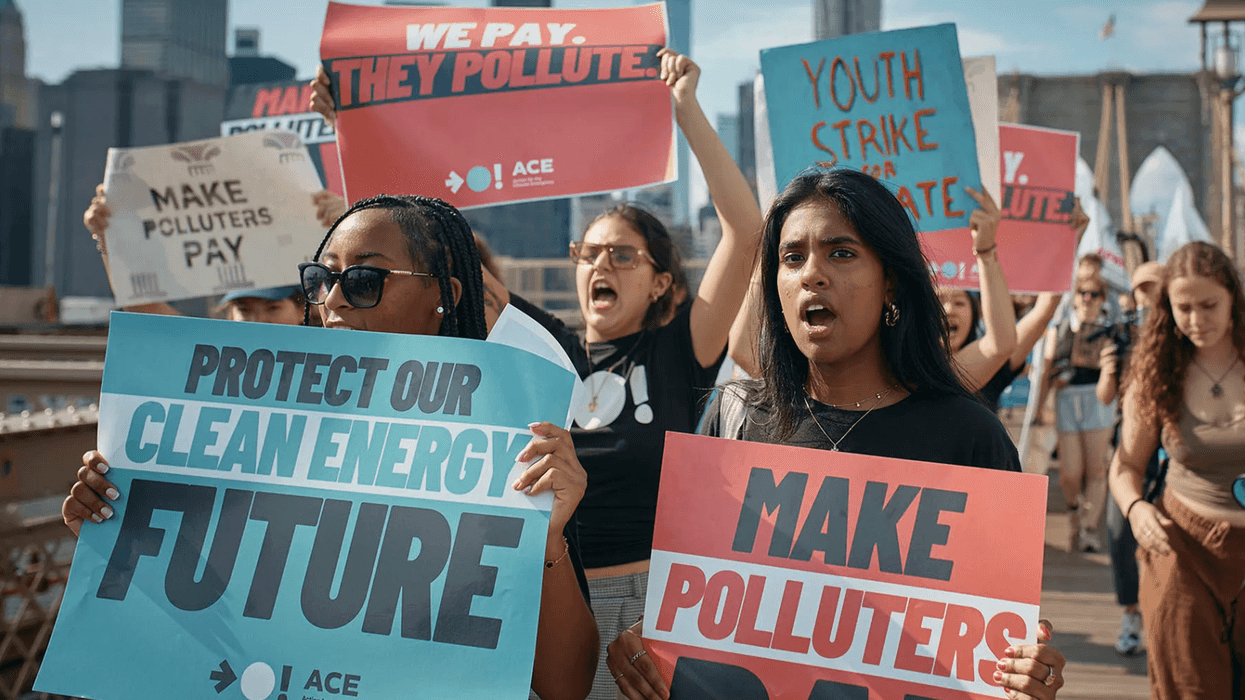Political independents in the United States are not chiefly moderates. In The Independent Voter, Thomas Reilly, Jacqueline Salit, and Omar Ali make it clear that independents are basically anti-establishment. They have a "mindset" that aims to dismantle the duopoly in our national politics.
I have previously written about different ways that independents can obtain power in Washington. First, they can get elected or converted in Washington and advocate with their own independent voices. Second, they can seek a revolution in which they would be the most dominant voice in Washington. And third, a middle position, they can seek a critical mass in the Senate especially, namely five to six seats, which would give them leverage to help the majority party get to 60 votes on policy bills.
Since they do not speak with one voice—after all, there are about 60 million independents or unaffiliated voters in the United States, not to mention a large percentage of the 85 million 'eligible' voters who are not 'registered' to vote—there is no one path they should all follow.
The most reasonable path forward for independents is to pursue their independence from both major parties even as they advocate for what I have called a tripartisan system of governance in Washington. This would be a system in which there are three political forces in Washington, not two. The time has come for the United States to jettison the goal of bipartisanship and replace it with the goal of tripartisanship. Bipartisanship is not the goal in multiparty democracies throughout the world.
The paradox for independents is that in order to achieve their independence from the Democratic and Republican Parties they must commit to working with them and not trying to overtake them. Like women in progressive quarters in the last two generations, political independents must separate from the two powerful parties even as they seek to create a new relationship with them. The woman who needs her own identity over and above mother and wife, notably via having a career, may seek this identity even as she seeks to transform her marriage with her husband. Of course, some women may divorce their husbands and find new husbands or marry women or not marry at all. Yet, there is a model where the dominated woman, whose identity is suppressed, affirms her identity and demands that her spouse affirm it, too.
Political independents running for the U.S. Senate in 2026, for example, may advocate for the tripartisan ideal and the creation of an Independent Caucus in the U.S. Senate. They may run against Democrats and Republicans in their own state, or like Dan Osborn in his 2024 Nebraska Senate race, run as an Independent against a Republican. Yet, part of their campaign would be devoted to advocating for the tripartisan ideal.
By the time there are five or six independents in the U.S. Senate—Senator Lisa Murkowski (R-Alaska) and Senator Susan Collins (R-Maine) are among the handful of Republicans in the Senate who might convert—this Independent Caucus would create the foundation for what Charles Wheelan called a "fulcrum strategy," only he was focused on electing centrist members of a Centrist Party.
Tripartisans should not blast the Trump administration. The Democrats will take care of that. Indeed, the two parties are destined to fight bitterly with each other for the next four years. Tripartisans must be committed to overcoming the intense polarization in Washington and pave the way for the post-Trump years. Of course, many Republicans are hoping for post-Trump years that sustain the populist, ultra-right-wing perspective being unveiled every day. The tripartisan ideal can actually help either majority party.
To be clear: Because tripartisans are not ideologically aligned, they are not passionate about the same policies. Rather, they would each support various, though not all, policy bills (ranging from climate change to entitlement reform) because they want to end polarization and dysfunction in Washington as well as keep their seats in the U.S. Senate and the Independent Caucus.
The tripartisan model is designed to transcend the battlefield of American politics over the next two to six, and probably ten years, and integrate political independents with their own voices, attitudes, and ideas into the political process. If Senator Murkowski converted to an Independent in the first 100 days of the Trump presidency, that would be a major development: One small step for the U.S. Senate, one giant leap for the United States.
Dave Anderson edited "Leveraging: A Political, Economic and Societal Framework," has taught at five universities and ran for the Democratic nomination for a Maryland congressional seat in 2016.




















